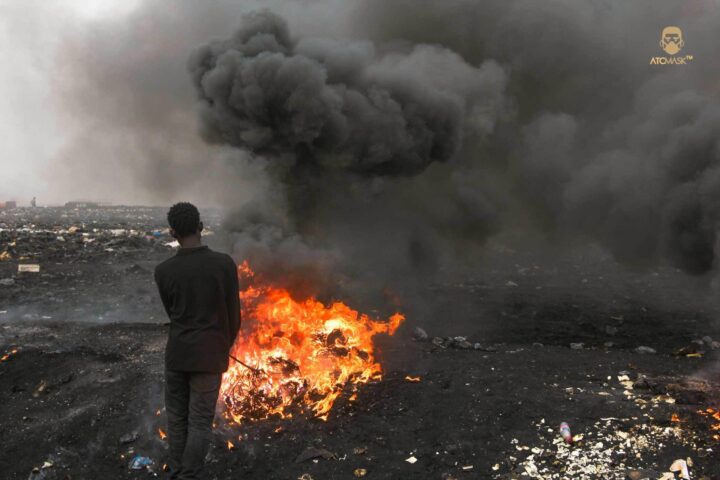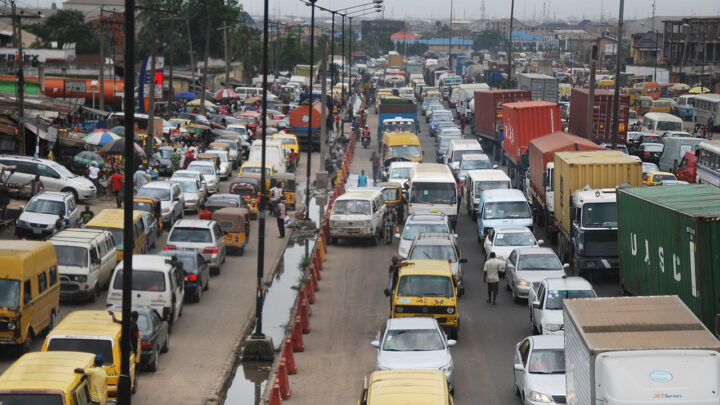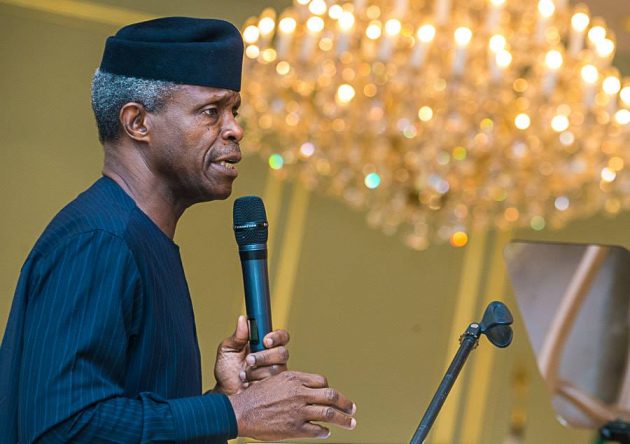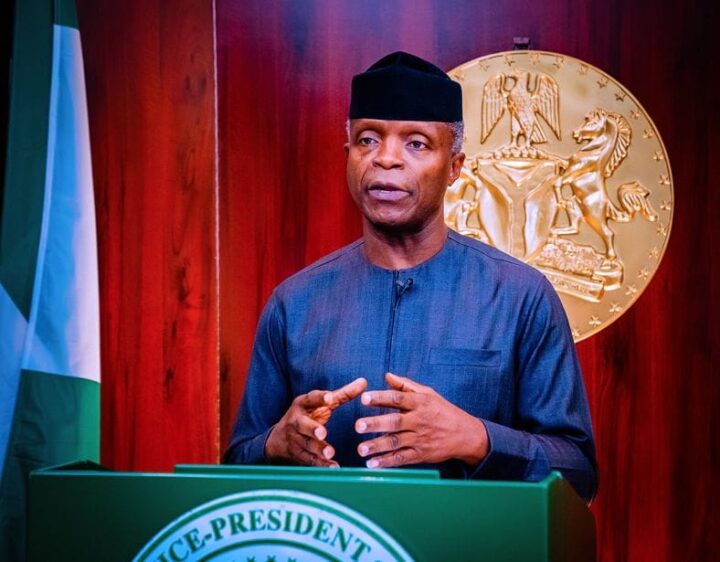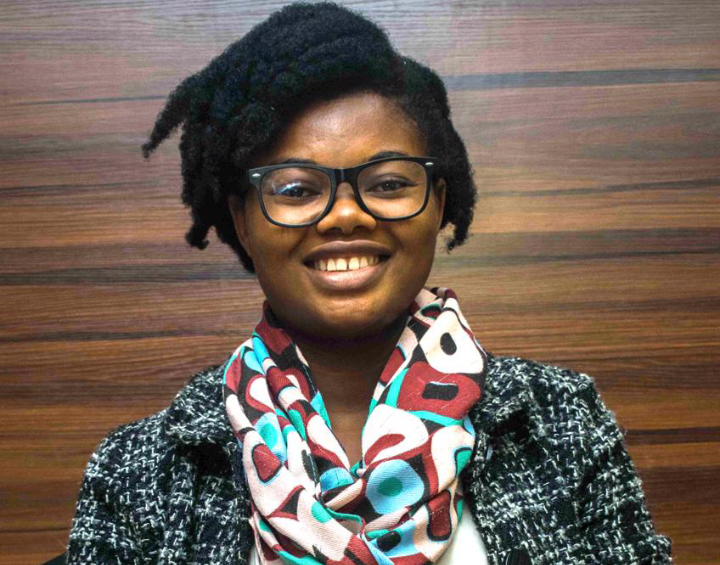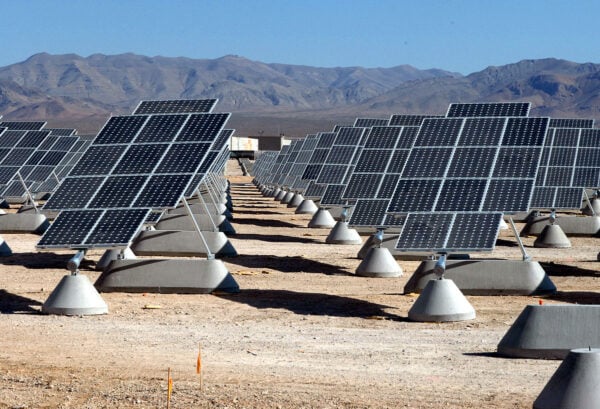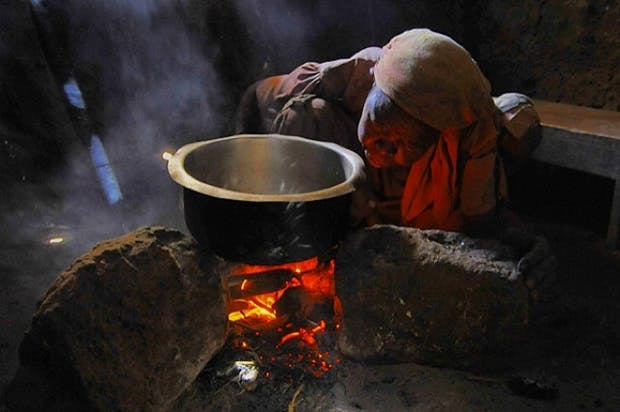Despite directly impacting our communities, health and livelihood, climate-related reports usually take a back seat to dominant news beats like politics and business. Climate Watch aims to ensure you never miss important stories on climate change and actions being taken towards limiting its impact.
Here is a round-up of last week’s climate stories:
- Air pollution causes about seven million premature deaths every year, according to the World Health Organisation (WHO). To curtail such deaths in Nigeria, Adetoun Mustapha, an environmentalist, has advised that the country should update its air control regulations using the latest WHO air quality guidelines (AQG). The WHO AQG released on September 22 aims to support informed decision-making and robust public health recommendations worldwide. Adetoun said air pollution, even at low levels, can affect human organs. Read more here.
- Nigeria has received an additional €15 million from the European Union (EU) to support renewable energy development in the country. The grant, which would be used to fund the Nigerian Energy Support Programme (NESP) phase II, will enable the initiative to run until November 30, 2022. Read more on the renewable energy project here.
Advertisement
- International oil companies operating in Nigeria, and other African countries, may have to reduce their fossil fuel production or face the risk of getting sanctioned by the US. Jonathan Pershing, the US deputy special presidential envoy for climate, said a renewable development approach would be best for Africa, hence, the continent does not need to go carbon-intensive to grow its economy. Pershing said the risks of climate change have become increasingly threatening, and as such, the US government has decided to aggressively work with international partners to reduce fossil fuel production.
- The federal government and Lagos state government have started deploying and promoting climate change initiatives to help people adapt to its impacts. Zainab Ahamed, minister of finance, and Babajide Sanwo-Olu, governor of Lagos, spoke on this at the Global Citizen concert in Lagos. Ahmed said through various initiatives, the federal government has deployed tools — to scale social safety net programmes, to mitigate the risk of children not returning to school, and to support small businesses.
- The African Development Bank (AfDB) has tasked the developed world to deliver on its promise of providing $100 billion annually to help developing countries fight climate change. Akinwumi Adesina, AfDB president, said developed countries must make good on their commitment so as to avoid the worst impacts of climate disasters. He said Africa’s capacity must be boosted for it to adapt to climate change.
Advertisement
Add a comment
